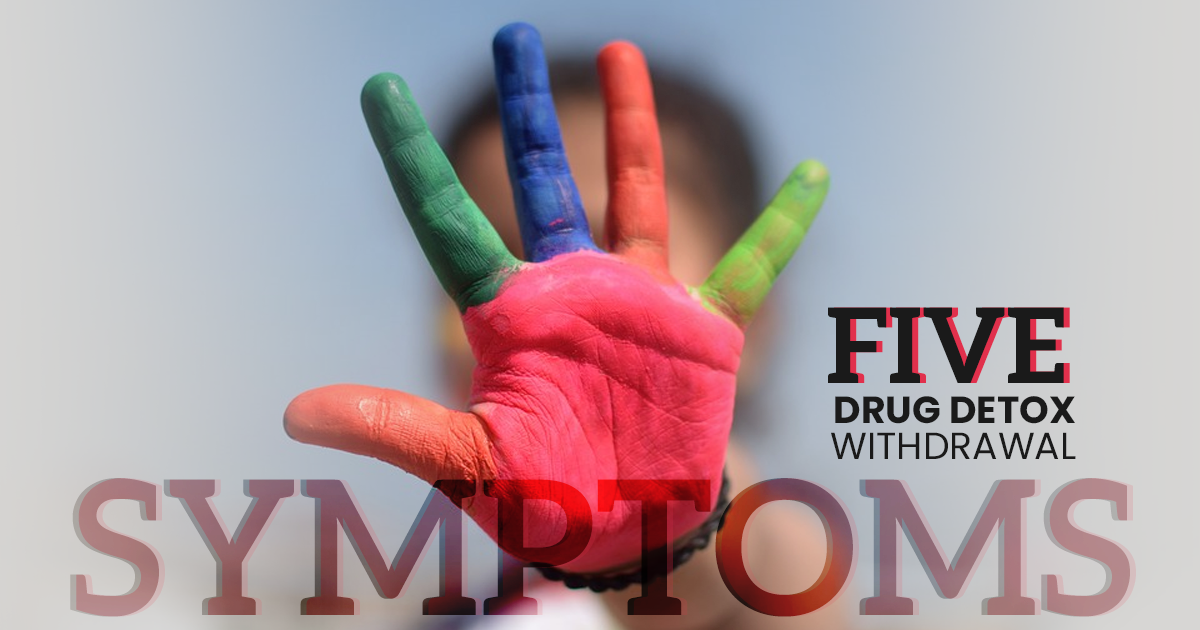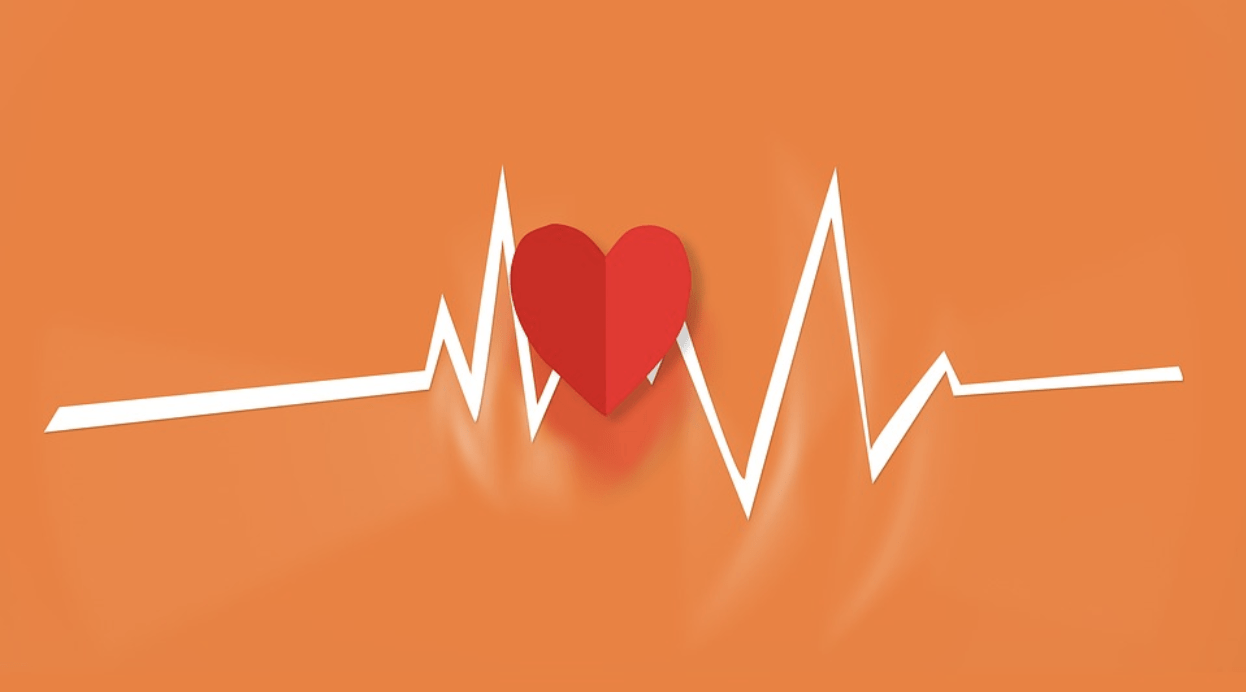
Drug addiction and drug dependence are two separate things. They’re often confused as being the same. While they often occur together, they’re different as far as the symptoms and the treatments.
Drug dependence is a physiological response to longer-term substance use. We’ll detail more about drug dependence and how this leads to drug detox withdrawal symptoms. We’ll also cover some of the common withdrawal symptoms people often experience.
What is Substance Dependence?
When you use certain substances like alcohol, opioids, or other psychoactive drugs, they affect your brain’s chemicals. Over time, substance use changes the function and structure of the brain. Your central nervous system also changes in response to the effects of the drugs.
- For example, your body, when you first take certain substances, your body releases a tremendous amount of dopamine.
- That dopamine is responsible for the euphoric high you can feel.
- The dopamine flood triggers a reward response in your brains’ circuits.
- Then, you might compulsively start to use the substance repeatedly because of the reward cycle.
There’s something else happening too. Your brain and central nervous system start to rely on the effects of a substance.
- The amount of dopamine, for example, that you naturally produce goes down because your body depends on the artificial creation the substance facilitates.
- As your brain and body gradually adjust to the presence of substances, the high you once felt dissipates.
- You might take more and more of the drug to try and chase that feeling. You’re no longer using drugs because of the high at that point.
- You’re using them because you’re addicted and physically dependent.
With physical dependence, stopping using the substance, whether alcohol or illegal drugs, can suddenly lead to withdrawal symptoms; withdrawal symptoms result from your body trying to normalize itself. Your body is going through a period of imbalance when you suddenly remove the substances it now depends on.
We can compare this to caffeine. If you’re a regular coffee drinker and skip it one morning, you may get a headache. This is a mild form of withdrawal following a lack of caffeine intake.
What Affects Withdrawal Symptoms?
While withdrawal can have similar features, the detox process is also a variable experience.
Some of the factors that can influence withdrawal symptoms and the withdrawal process include:
- The type of drug you use
- The amount of time you use drugs
- How much of the substance do you frequently use
- Whether or not you combine multiple substances
- Your overall physical health and any medical conditions you may have
- Underlying mental health conditions and your medical history
If you use drugs that are pain relievers and central nervous system depressants, like opioids, you may experience withdrawal symptoms like pain hypersensitivity. If you’re going through withdrawal from benzodiazepines, which are for anxiety, you may have intense anxiety during withdrawal.
Typically when you’re going through withdrawal, there’s a paradoxical effect. A paradoxical effect means that the symptoms during that period are the opposite of the effects of the drug. They’re often more severe versions of the symptoms you might have started using the drug to treat or cope with.
Can You Die from Drug Detox Withdrawal Symptoms?
While it’s rare, certain substances with withdrawal symptoms can be deadly if you don’t get medical supervision. When drug detox and alcohol withdrawal symptoms are severe, some medications can help manage them.
Alcohol and benzodiazepine withdrawal are typically the two that can be most severe.
For example, severe alcohol withdrawal can lead to delirium tremens. Delirium tremens can lead to severe seizures and be deadly without medical management, but it’s rare.
Opioid withdrawal isn’t usually life-threatening, but it can be very uncomfortable and challenging. There are medications specifically to help with opioid overdose symptoms.

5 Common Withdrawal Symptoms
The most common drug detox and alcohol withdrawal symptoms can be divided into five general categories. While the specifics vary depending on the person and the substance, these categories do give a general idea of what to expect.
Physical Withdrawal Symptoms
Physical symptoms include:
- Fatigue
- Lethargy
- Sweating
- Shaking
- Clammy skin
- Tingles
- Feeling cold
- Flu-like symptoms
- Changes in appetite
- Muscle pain and muscle aches
- Tremors
- Changes in blood pressure
- Dilated pupils
- Rapid heart rate or changes in heart rate
Behavioral
Behavioral symptoms are the ones that influence how you interact with other people. You may feel frustrated, aggressive, or depressed, and these feelings can affect your reactions to others. Specific common withdrawal symptoms that are behavioral include:
- Depression
- Anxiety
- Irritability
- Agitation
- Frustration
Gastrointestinal
Gastrointestinal symptoms are among the most common whether you’re withdrawing from drugs or alcohol. Your digestive system is complex and related to your central nervous system. When you have GI symptoms of withdrawal, it’s because of the response of this system to the lack of substances.
Your appetite is likely affected. Other GI symptoms include:
- Nausea
- Vomiting
- Abdominal cramping
- Diarrhea
Psychological Symptoms
When you’re going through withdrawal, it’s going to affect your mood, mental health, and sense of well-being for some time. Common symptoms that are psychological include:
- Nervousness
- Hallucinations including visual or auditory hallucinations
- Paranoia
- Delirium
- Brain fog and poor concentration
- Problems with thinking and cognition
Sleep Disturbances
Finally, another category of withdrawal symptoms is sleep disturbance. You might sleep more or less than usual as your body is trying to regulate itself. Particular sleep symptoms include:
- Insomnia
- Sleeplessness
- Nightmares
- Interrupted sleep patterns
The following are some more specific substances that lead to withdrawal and the length of time you might expect symptoms to last:
- Alcohol: You won’t automatically have alcohol withdrawal symptoms if you stop drinking. If you have an alcohol dependence, alcohol withdrawal syndrome symptoms can last for days or weeks. If you have symptoms on the severe spectrum of alcohol use disorders, the effects of withdrawal could continue for months after your initial alcohol detox.
- Heroin: Heroin is an opioid. Withdrawal symptoms can be intense but not usually deadly. These symptoms for most people last five to seven days and then start to get better. Medication-assisted treatment can be beneficial for physical dependency on heroin in treating unpleasant symptoms of withdrawal and opioid use disorder.
- Stimulants: Stimulants are drugs like cocaine and methamphetamine. Mental symptoms of stimulant withdrawal can include dysphoria, which means a low, unhappy mood and dulled senses. Loss of interest, slow movements, and slow heart rate are also stimulant withdrawal symptoms. These symptoms usually peak within a week after the last dose of a stimulant.
Rarely, post-acute withdrawal (PAWS) symptoms may occur. PAWSs are symptoms that last for longer than two weeks. These symptoms include anxiety, depression, fatigue, mood swings, and poor sleep. PAWS is manageable, usually with a combination of medication and therapy.
Treating Drug Detox Withdrawal Symptoms
While it can be scary to think about withdrawal and especially severe symptoms, treatments are available.
During a medically supervised detox program, health care providers can monitor you and provide you with different medications if you experience severe withdrawal symptoms. For example, there are medications help to treat particular symptoms of withdrawal. There are also FDA-approved medications specifically for withdrawal from opioids and alcohol.
You might simultaneously receive treatment for underlying mental disorders, including behavioral therapies, reducing the likelihood that you have PAWS.
Getting through detox isn’t easy, but medical care, it increases the chances that you do so successfully to be on the path to recovery. If you’d like to learn more about program options after you’ve completed detox, call 866-600-7709 and reach out to the Anchored Tides Recovery team.



























